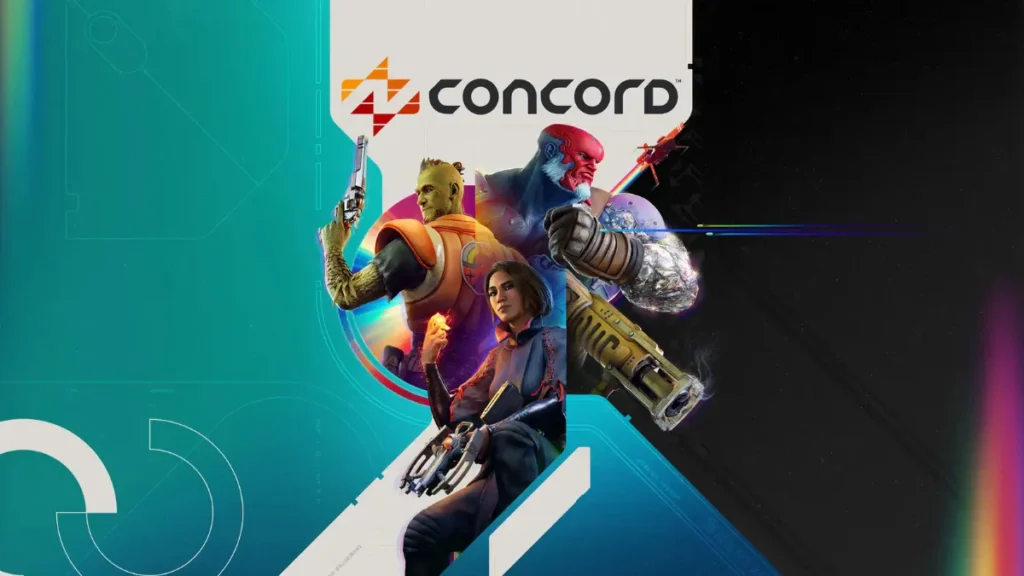Sony Shuts Down Concord and Issues Refunds Following Disappointing Sales Performance

Refunds for Steam and Epic Games Store Purchases to Be Processed Soon
Sony has officially announced the shutdown of Concord, its recently launched online hero-shooter. The game, which debuted last month on PlayStation 5 and PC, struggled to attract a substantial player base, with disappointing numbers reported on Steam. Following this lack of engagement and sales, Sony made the difficult decision to take Concord offline effective September 6. This closure means that all sales of the game will cease immediately, and players who purchased Concord on either platform will be eligible for full refunds.
The decision to withdraw Concord reflects a growing concern within the gaming industry about the viability of certain titles in a highly competitive market. Despite the initial excitement surrounding its release, the game failed to capture and retain the interest of players, leading to a rapid decline in its user base. Sony’s move highlights the challenges faced by developers and publishers in an era where gamers have countless options at their fingertips.
In a recent blog post on the PlayStation platform, Firewalk Studios, the developer behind Concord, confirmed the game’s impending shutdown. While the studio did not offer specific details about the future of Concord, it mentioned that it would be exploring options moving forward. This statement leaves open the possibility that the team might revisit the game in some form or consider new projects inspired by the feedback they received.

Ryan Ellis, the game director at Firewalk Studios, expressed gratitude to the community in his message. He acknowledged the support and enthusiasm from fans since Concord’s launch, stating, “Your support and the passionate community that has grown around the game has meant the world to us.” This acknowledgment underscores the importance of community feedback and player engagement in the development of video games, especially for new IPs struggling to find their footing.
The decision to issue refunds is also a significant step in maintaining goodwill with players. By ensuring that those who purchased the game are compensated, Sony aims to uphold its reputation as a consumer-friendly company, even amid the disappointment of a failed title. This approach can foster trust and loyalty among players, which is crucial for any gaming company, especially when launching new titles in a saturated market.
In conclusion, the shutdown of Concord serves as a cautionary tale about the volatile nature of the gaming industry. With the market constantly evolving and player preferences shifting, developers must remain agile and responsive to feedback. While Concord may not have succeeded as planned, the experience gained by Firewalk Studios and the insights garnered from the community could inform future projects, ultimately contributing to the ongoing growth and innovation within the gaming landscape.




















